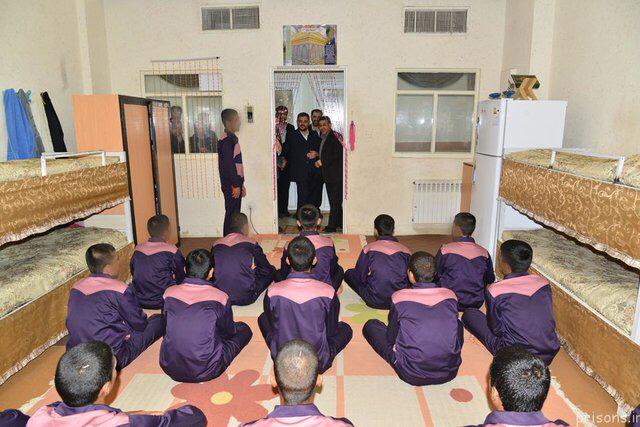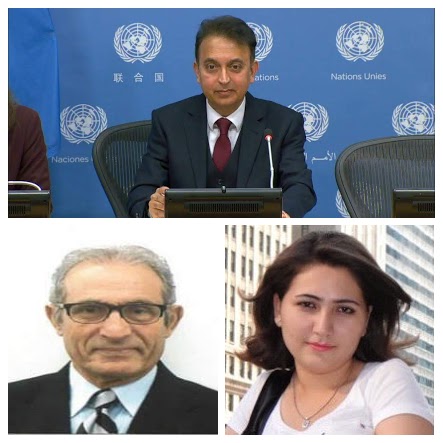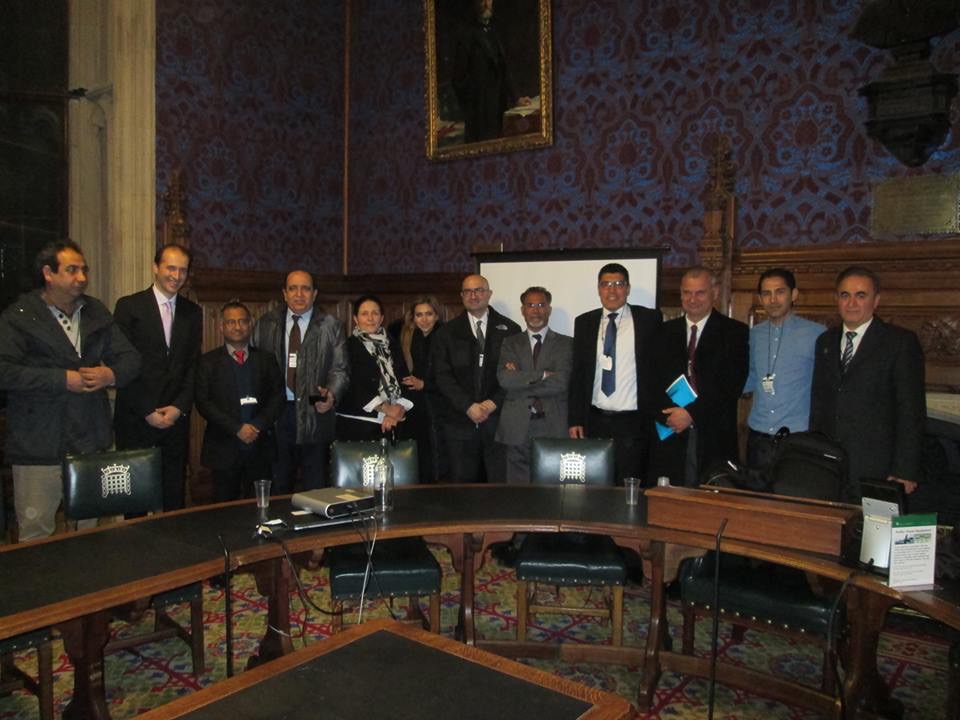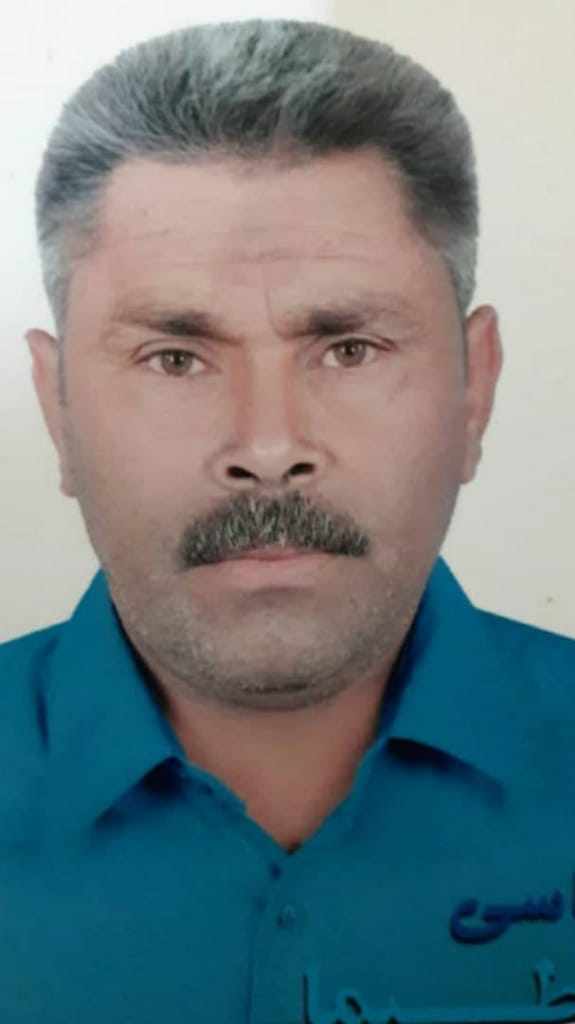Further information on the arrest of 1,000 children in Ahwaz during Iran November protests
Iranain authorities arrested about 1,000 children and adolescents in Ahwaz during the November anti-government protests in Iran, according to the local sources of the Ahwaz Human Rights Organisation (AHRO).As part of the brutal crackdown on protesters, Iranian authorities arrested thousands, including children aged between nine and 17 in the southwestern province of Khuzestan (Ahwaz).
During the protests in late November, the young arrestees were held and interrogated in various security in the province, such as Basij bases, schools, police stations, and IRGC bases. This is due to the lack of detention centres for arrestees this young, say AHRO’s sources.
AHRO’s sources added that the young arrestees are held in worrying conditions, where the state of hygiene and nutrition is extremely poor.
The young arrestees have been verbally and physically assaulted and had their heads covered with sacks during interrogations, according to AHRO’s sources.
The young arrestees have also been forced to sign their confessions with closed eyes. Judges have consequently sentenced the arrestees to imprisonment.
Many of the youngsters informed the judges that they were forced to sign their confessions, but were either ignored or re-interrogated by the judges, which had no effect on the imprisonment sentences.
The youngsters say that their charges include torching banks, destroying public property, participating in riots, attacking police, and creating traffic jams.
About 100 of the young arrestees have been released on bail. Authorities have promised to release more, especially those aged between nine and 12.
All of the arrestees have been transferred to a juvenile detention center in the capital of the province Ahwaz. The center however does not have the capacity to accommodate so many arrestees and so many of the rooms are overcrowded.
In every room of the center, 90 arrestees of varying ages are held, according to those who have been released.
In some cases, older prisoners have been made to share cells with children and adolescents due to lack of space, say AHRO’s sources.
The young arrestees were not taken to court. Instead, judges of the Revolutionary Courts came to the juvenile detention center and issued bail for some, ranging from 50 million to 100 million Toman, depending on the type of charges and the city of residence of the defendant.
The majority of these children were arrested for either being outdoors late at night during the protests or participating in peaceful gatherings in protest of the arrest of their parents or other family members.
More than 2,500 people have been arrested throughout the province of Khuzestan during the protests, according to AHRO’s sources.
The arrestees are kept in worrying conditions at police stations, military barracks, and security and intelligence centers.
AHRO’s sources added that the arrestees are tortured for forced confessions, and the poor state of food and hygiene, particularly for those who were wounded due to security forces firing at protesters, have left these detention centers in dire straits.
AHRO’s sources and the human rights activists associated with the organisation have been able to document the above information through a variety of methods, such as taking eyewitnesses’ testimony, speaking to friends and relatives of the arrestees, and other field information.
Ahwaz Human Rights Organisation (AHRO)
18 December 2019
- Details
- News










